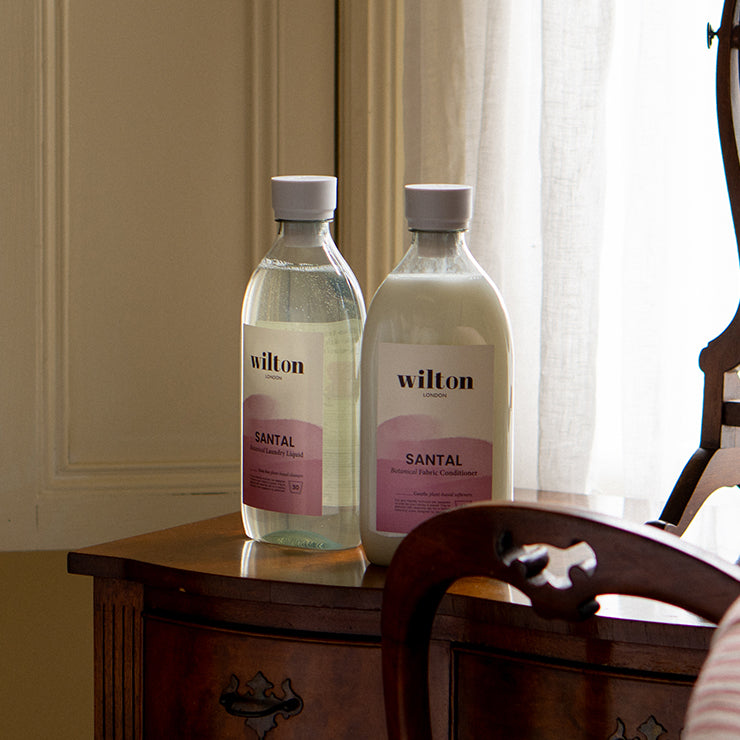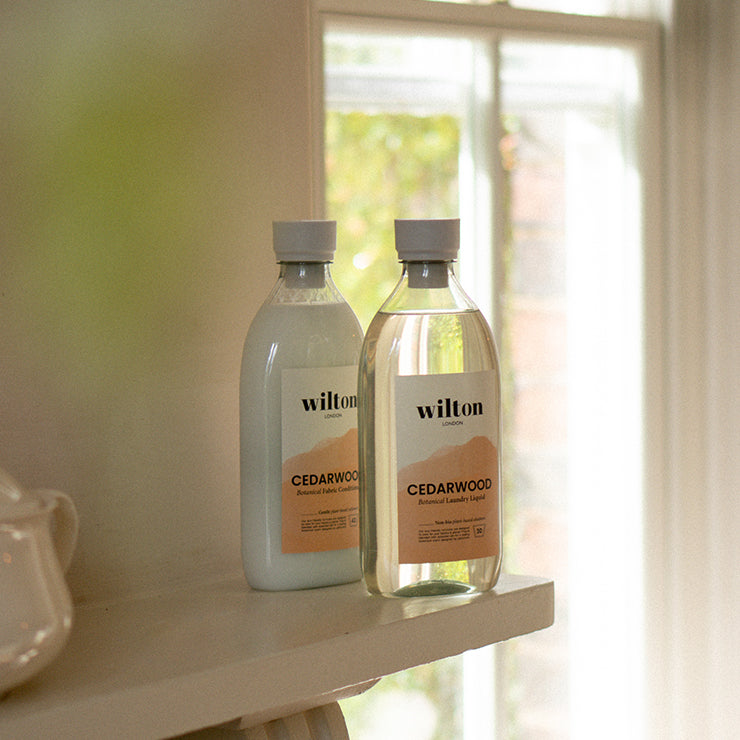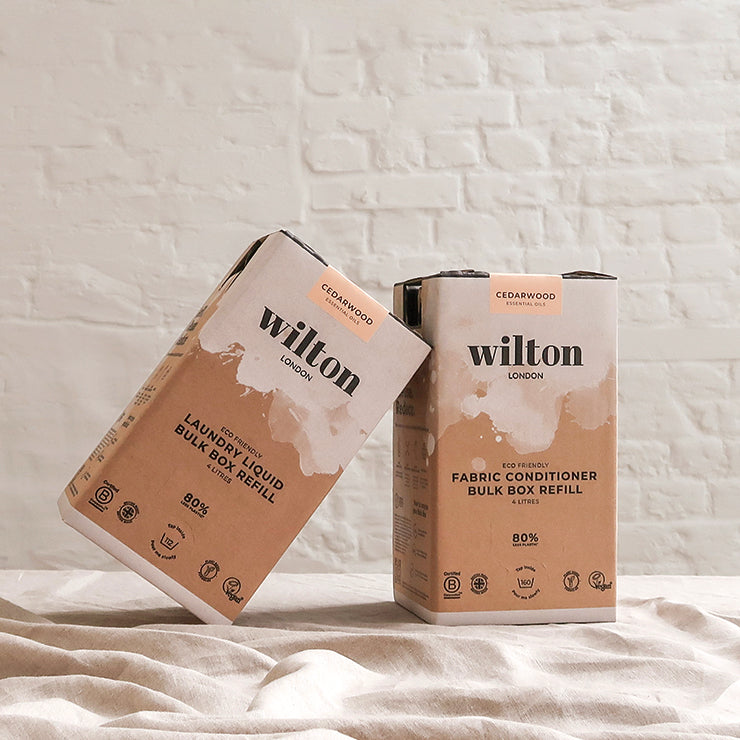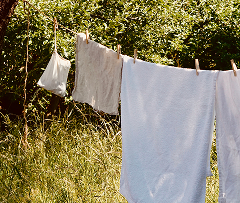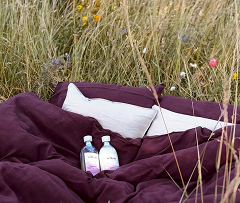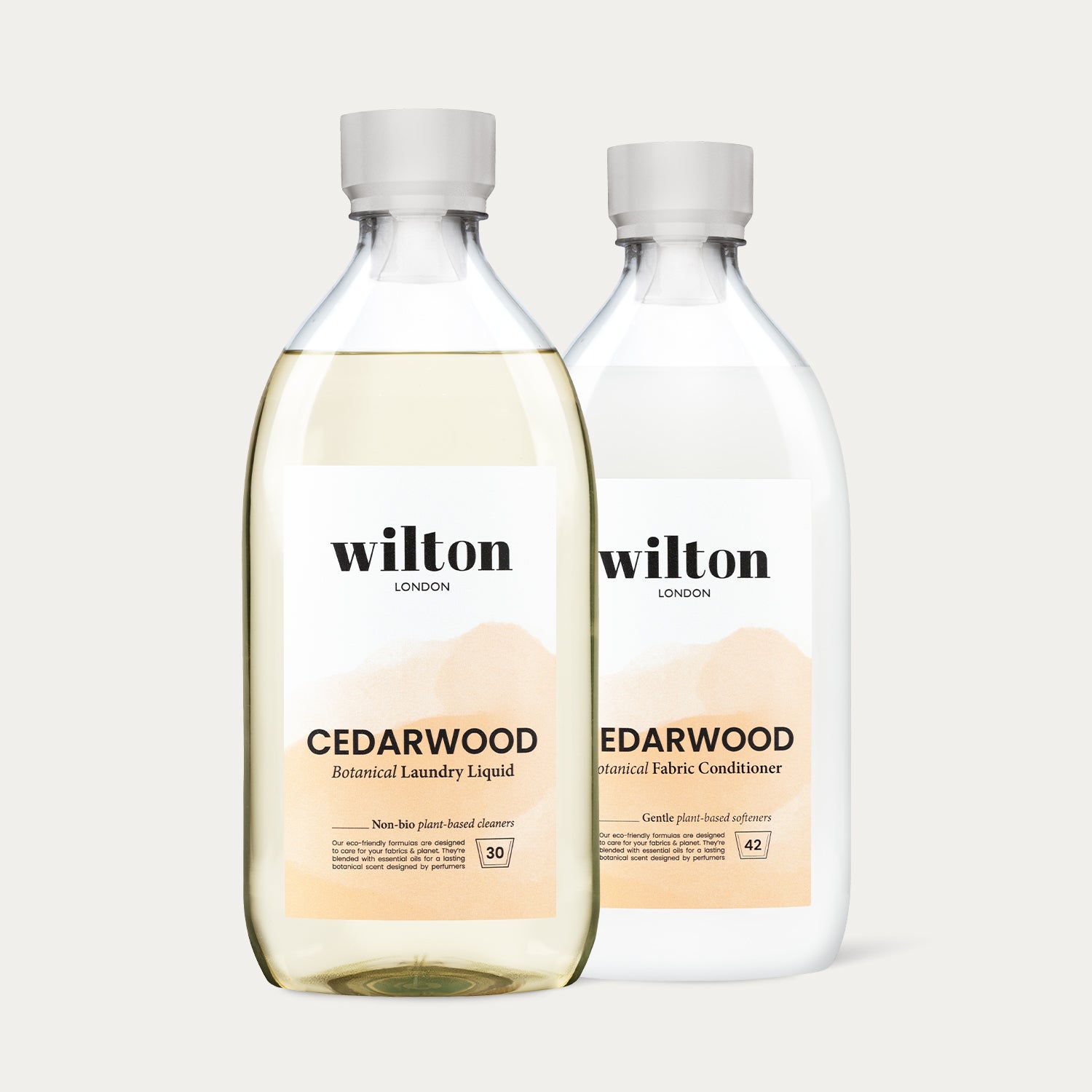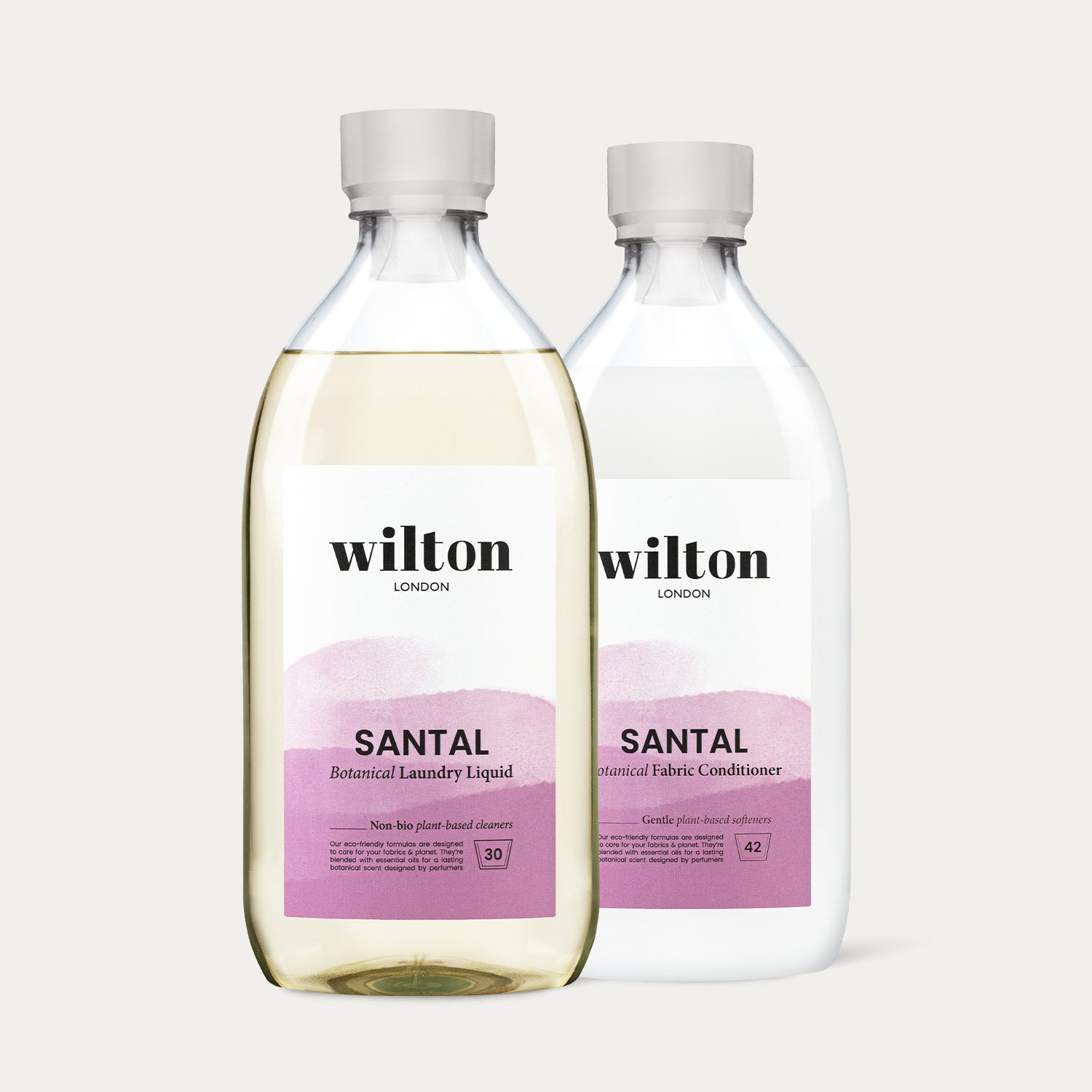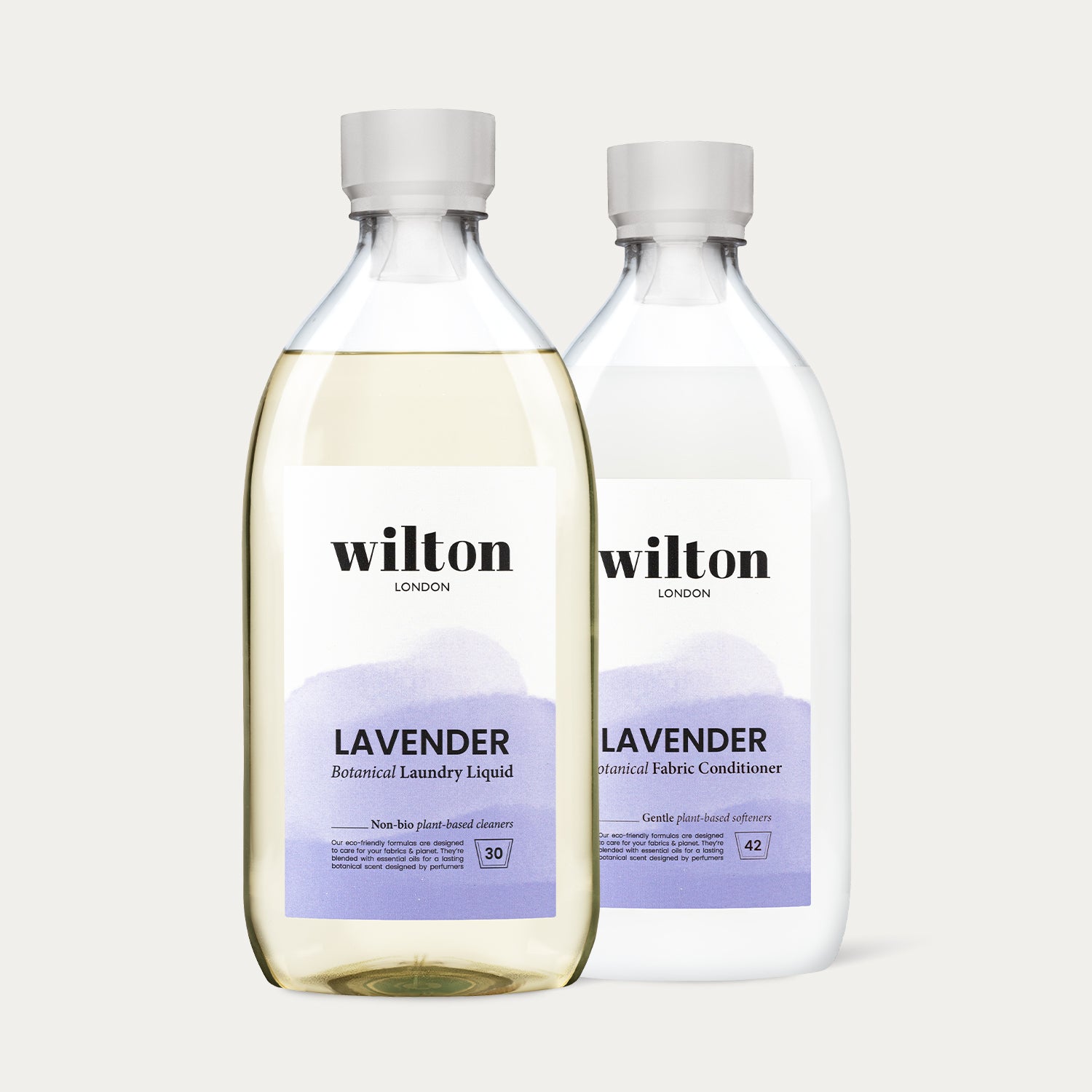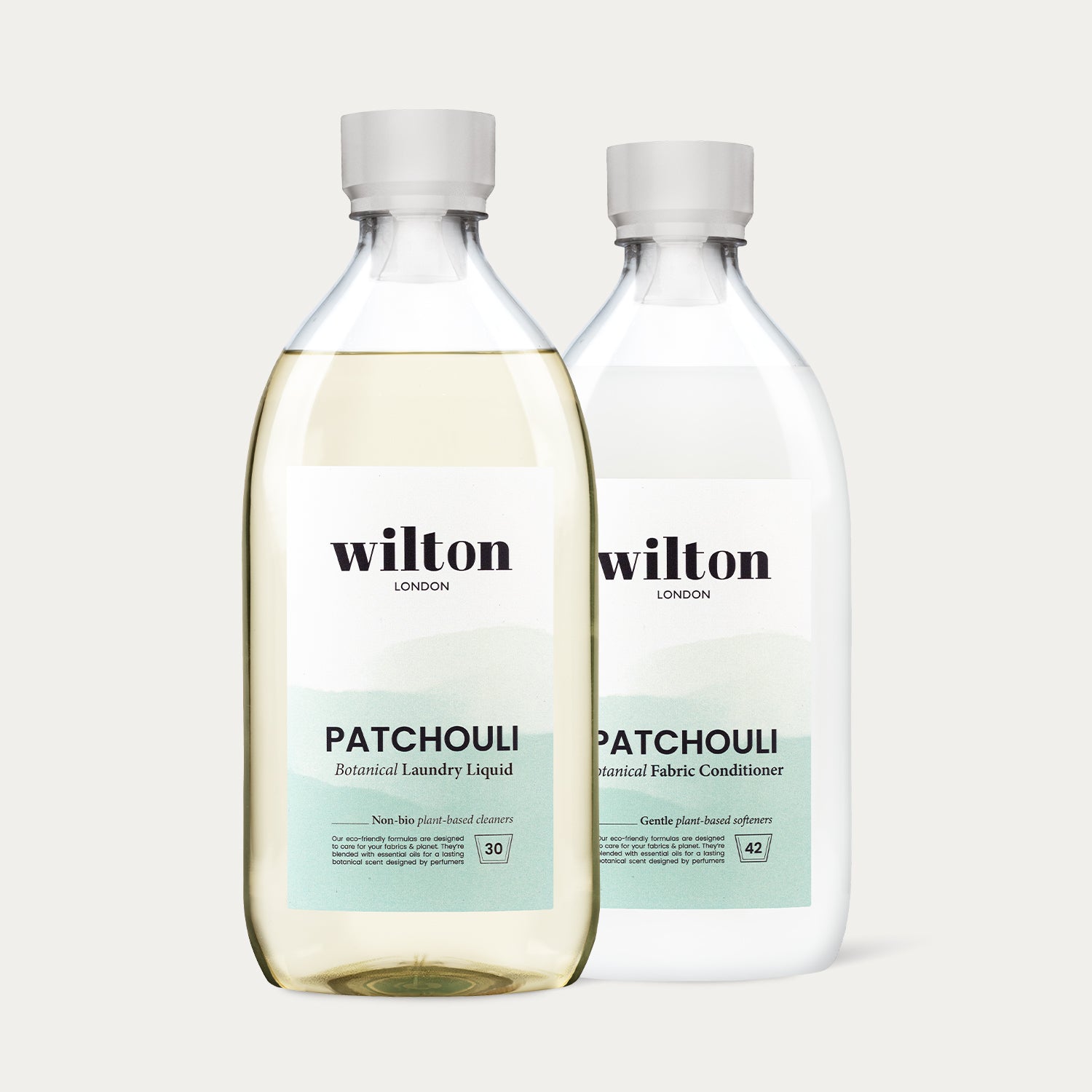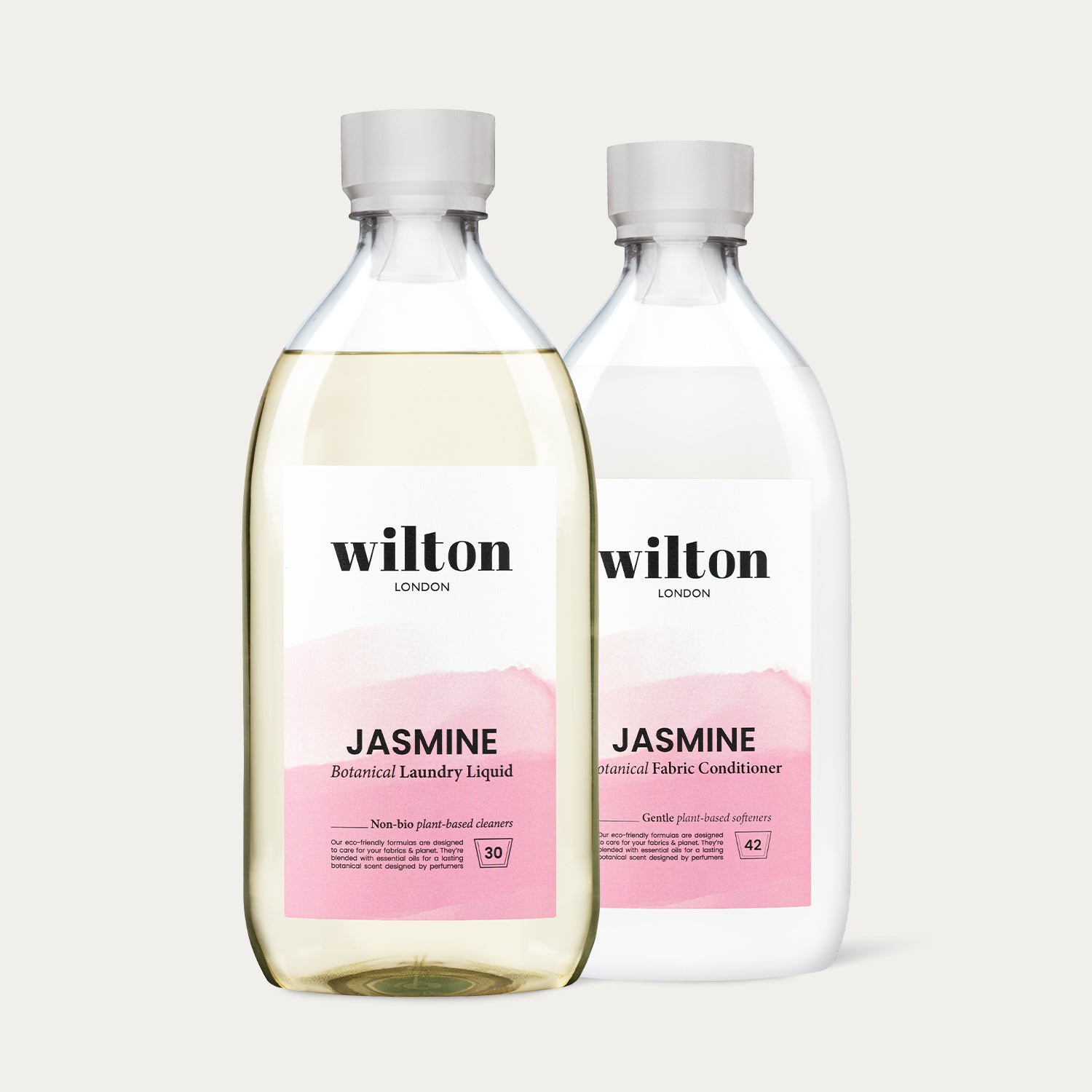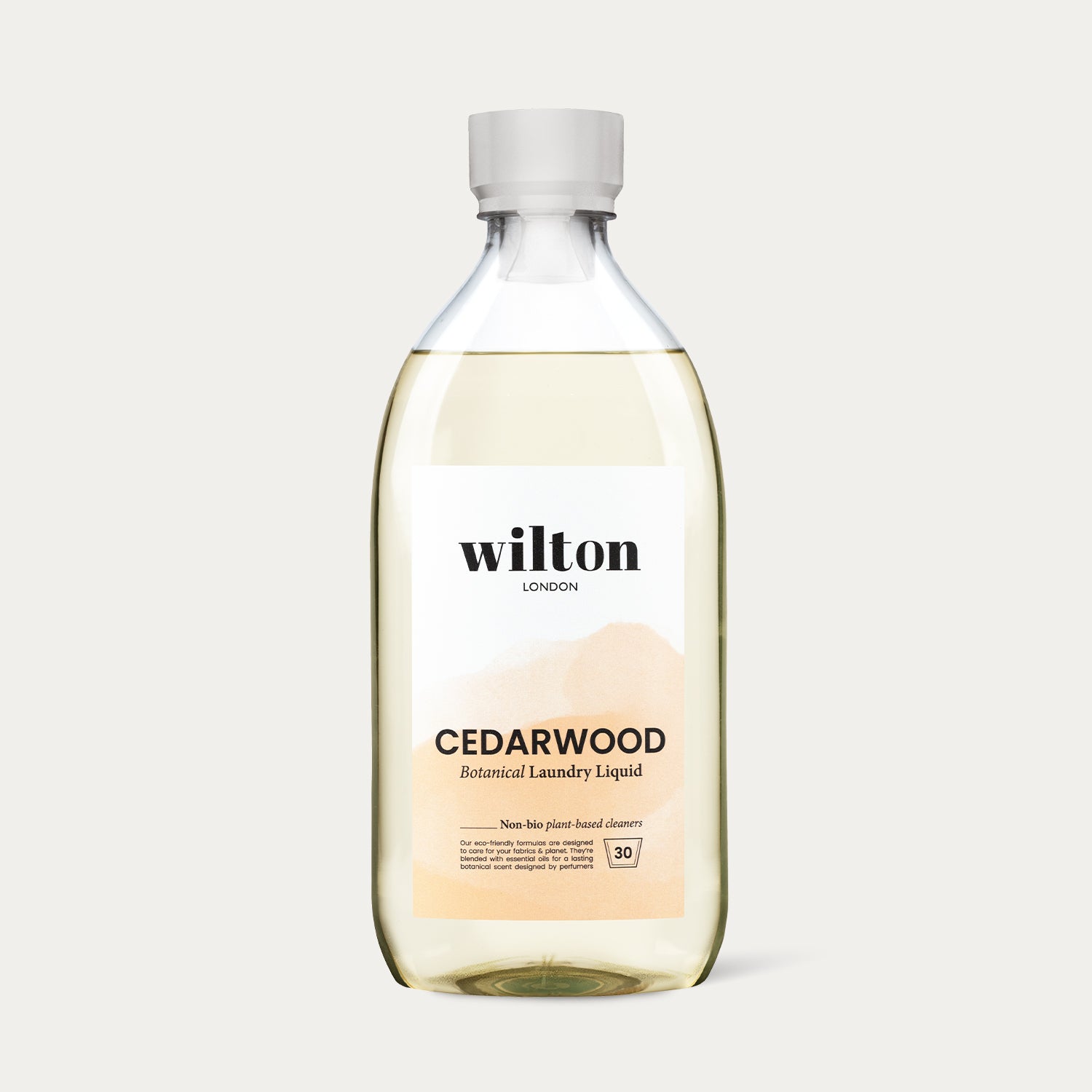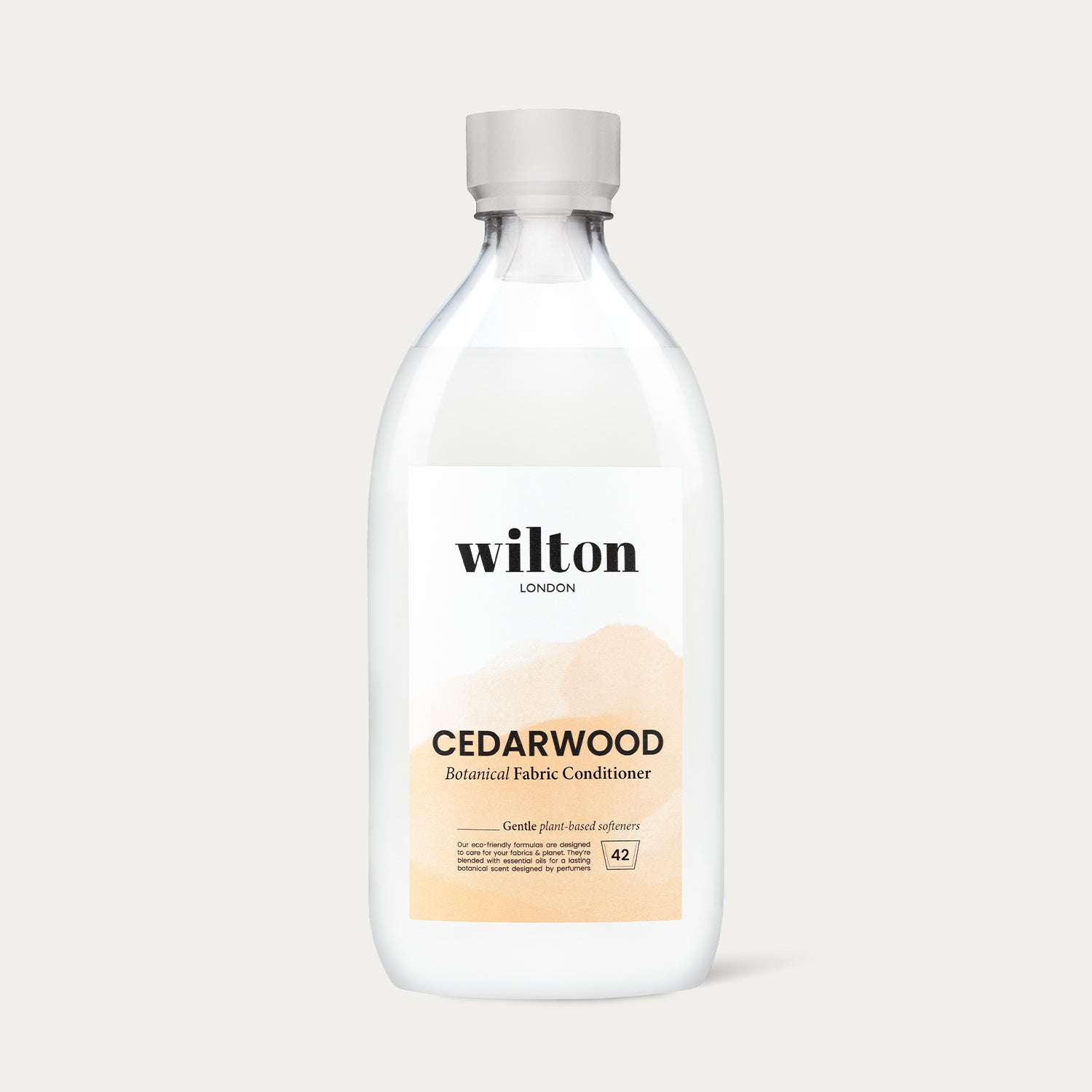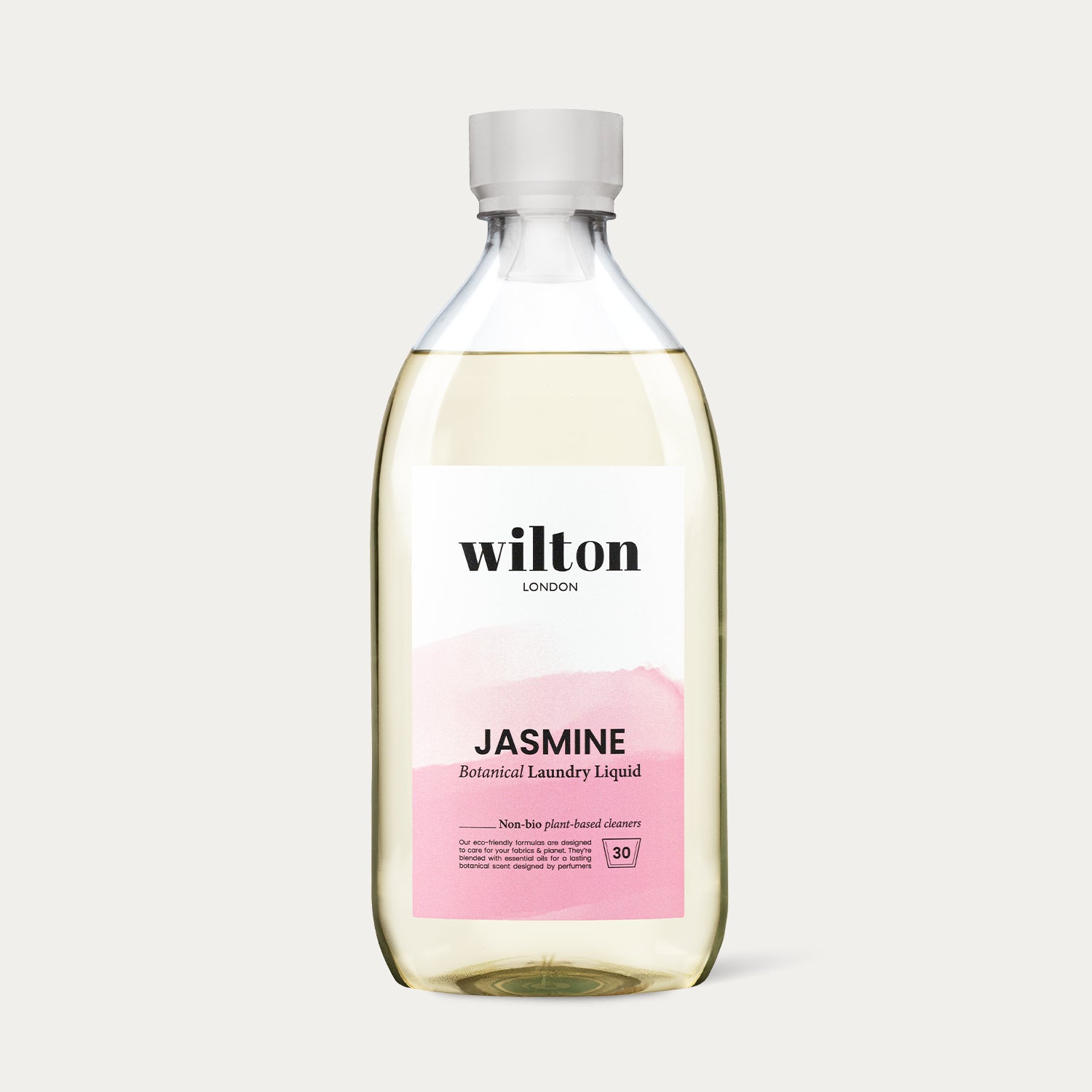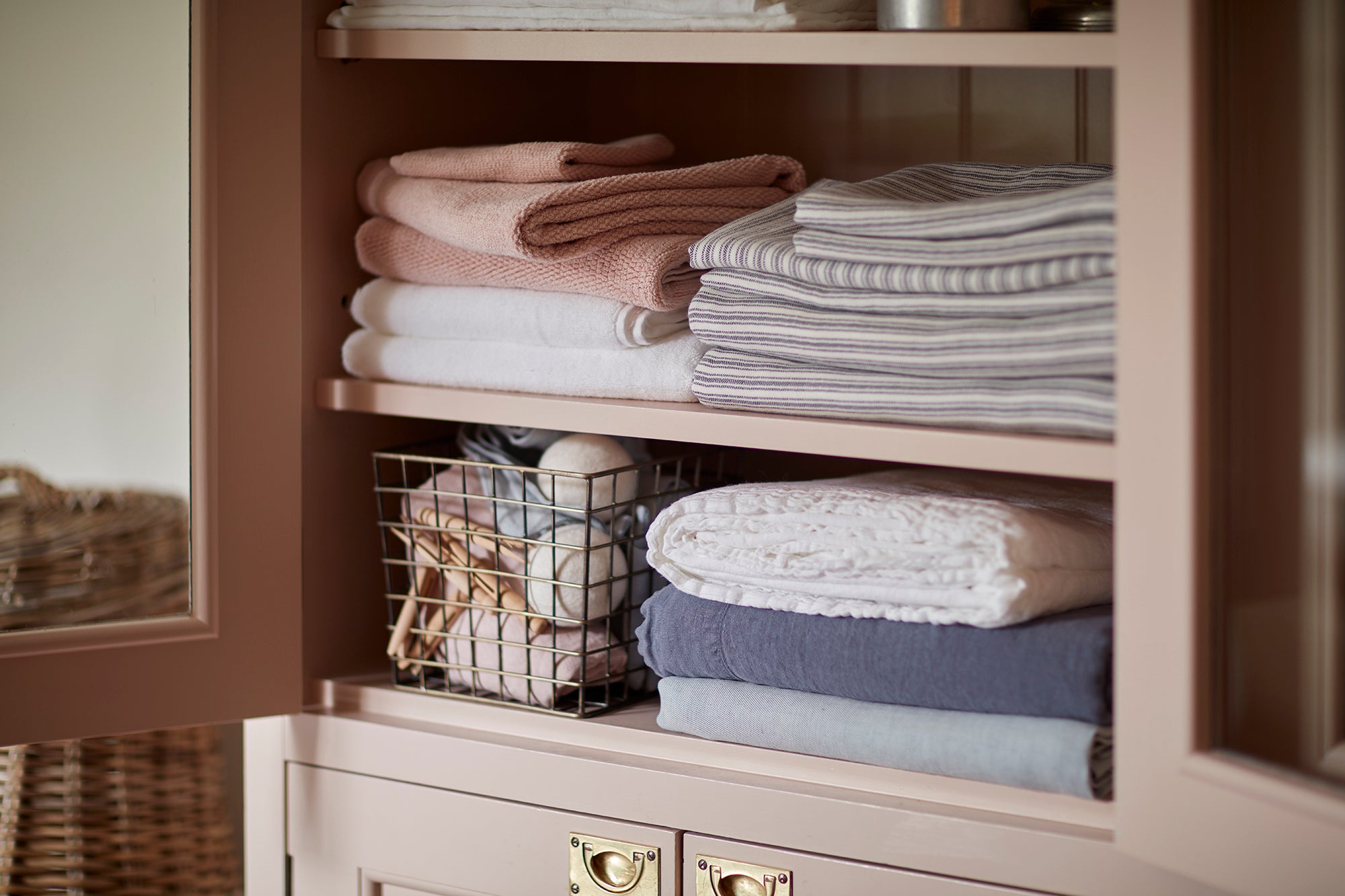
Crisp Cotton or Lazy Linen: Which is for you?
Which is better for you and your bed, cotton or linen bedding?
Both are natural fibres and make great sheets, but both have very different qualities and feel very different. It’s a question we're not qualified to answer so we asked the lovely Molly from Secret Linen Store to give us the low down. If there's anyone that can iron this out, it's Molly! (trust us, their sheets are the only sheets we use at Wilton home HQ)
So what's the difference?
Linen is a natural material made from flax fibres. It's been cultivated for thousands of years and is one of the world's oldest and most prized fabrics. Those in the know think of it as nature's wicking fibre - it has a unique filtering, moisture-absorbing and evaporating qualities. This all means it's naturally resistant to bacteria and perfect for allergy sufferers. This is because it can absorb up to 20% of its weight in moisture without that sense of dampness! So if you feel the heat in the night or you've got sensitive skin - linen could be for you.
But I've saved the best bit to last. Put your irons away because linen doesn't need it, we think every crumple adds to its charm. It's that perfectly imperfect look that's made it so popular. Each piece of our 100% linen range is individually dyed, laundered, and hemmed for a natural finish making every piece of bedding that little bit unique.
But if you're not afraid of an iron and you're going for the crease-free look in your bedroom, have a look through our cotton collection. The cotton plant produces fluffy clusters known as bolls. They're woven into fibres that are way finer than linen and can be woven together into a much higher thread count with all sorts of finishes from shiny sateen to silky soft. Cotton is lovely and soft right out of its packaging, unlike linen which needs time so soften up.
It's up to you and depends on the kind of texture you like, we have three finishes to chose from:
- Laundered Cotton: We've washed this option to make it extra soft and give it a more rustic look.
- Cotton Sateen: This takes the biscuit for a sumptuous and luxurious texture.
- Cotton Percale: Crisp, and cool - this is my fave.

Taking care of your sheets
Every wash makes your linen softer and that little bit more snuggly. Wash your linen at cool temperatures and use a dash of fabric softener. And remember, no need to iron (yippee).
Cotton on the other hand needs a little more TLC, especially if you want to achieve percale’s crisp finish. Try to wash your sheets on their own and avoid things like trainers and items with a zip to minimise the chances of tearing. If you have the space, it's best to dry flat or on a washing line and then use a medium to hot iron to smooth your folded pillowcases, duvet covers and flat sheets. I often iron my fitted sheets directly on the bed, but if you have a polyester topper or mattress, test a small area first as it may stick. Ironing isn't much fun, but that all changes with a glass of wine and your favourite sing alongs songs.

What will it cost me?
Cotton sheets are widely produced, so it tends to be more economical than linen. The flax for our linen is grown in France and finished and dyed in Portugal with the rest of our bedding. It's a labour of love and a lengthy process to say the least. First, the flax is harvested, then dried, the seeds removed, and the longest fibres from the stalk extracted. It's then knitted together to form the fabric we know and love.
It may be a little more costly but linen is twice as durable as cotton bedding and can last decades. It also needs much less irrigation to grow so is the more eco-friendly option.
Think about how much time we spend in our beds. In fact, the average person is asleep for 229,961 hours in their lifetime - so it's worth giving a little thought into the bedding you choose! It's all about your personal preference and if you're not sure, buy both, mix it up or just take a gamble, you're unlikely to be disappointed.
Check out their beautiful range of bed linen here>>
